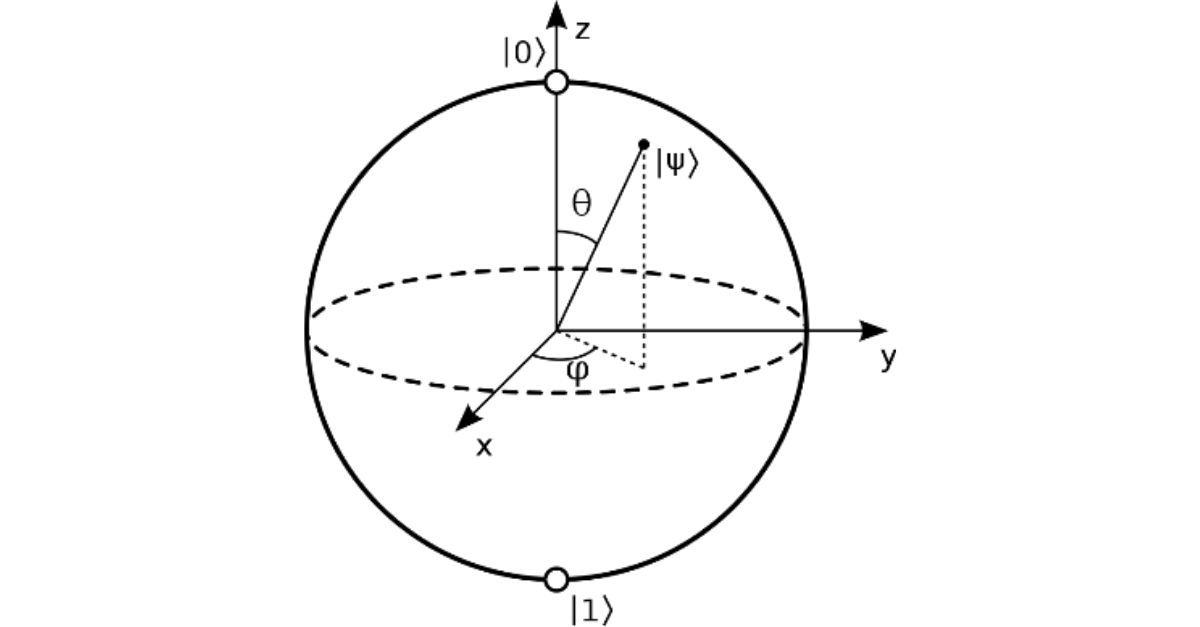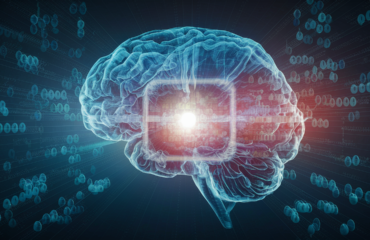The qubit is the data storage and transmission mechanism in the quantum computer, entangling signals in two states (both “on” and “off”) in the middle of the sphere to the extent of the angle marked θ. The signal distributes equally to 3 axes (x, y, and z) in the waveform Ψ described by the triangle. The Greek letter phi, measuring the angle that defines the difference from the triangle’s base to the equal planes x and y, generates a binary signal distribution to the height and hypotenuse of the triangle in a Pythagorean relationship as a result of the 90-degree angle maintained at the conjunction of base and height in the triangle. Phi is also the symbol that represents the golden ratio, a special expertise of Luca Pacioli who was the mathematician who wrote, in 1494, the first handbook on the binary accounting process.
The noun and verb paradox of account
To begin the theory of quantum accounting, we should establish the meaning of the two words “account” and “quantum” as they relate to the qubit, which is the unit that stores and processes information in the quantum computer. The qubit is a geometric storage device, consisting of a triangle rotating in a sphere producing signals that are both “on” and “off” at the same time and with equal potential.
Let’s start with the meaning of the word “account”, and then examine the fundamental or “quantum” level at which the account exists and functions.
The word “account” can be used as either a noun or a verb – that is, either in reference to a record (which is a thing, and therefore a noun) or to the making of the record (making being an action and therefore a verb). In the case of account, neither of its noun or verb forms can exist without the other. Can you imagine how a record would exist, without someone recording it? The necessary coexistence of account in both noun and verb states is a paradox unique to the word that makes it particularly well-suited to application in the quantum computer. We can better appreciate this paradox after spending more time with the basis of quantum accounting theory.
Account as a thing: the record
We use a noun to name a thing. As a thing, an account is a record of information about its particular subject, in logical order from beginning to end. Order and logic are important, because without them the data would be random and without meaning.
For an example of logical order, “an account of yesterday’s events” is a record of the actions that occurred a day earlier in time, in the sequence that the events happened from one moment to the next. If instead of an account of yesterday’s events I gave you a list of things that occurred a day ago arranged alphabetically, you would have no knowledge of what caused what over time. Without meaningful data – in this case meaning would be derived from the sequence in time – you would have no information. With no information you would have no basis to reach conclusions about the significance of what occurred yesterday, or to form your own actions either to repeat or to avoid what happened before. You would be left with no choice in weighing future probabilities, at least with respect to how time unfolded yesterday, without an account of yesterday’s events. To that extent, your choice of action would be random, and you would be unable to act with reason.
The account provides the record of the connections between inputs and outputs, and the order of those connections, in any process. Logic allows us to trace the account either from beginning to end or from end to beginning, equally and with no difference, for reason to operate without interference. When we understand the sequences of inputs and outputs, we understand logic. Computers operate on the same principle, although their understanding is programmed and not autonomous like human understanding has the capacity to be.
Account as an action: to record
As autonomous beings, humans have the ability to decide on their own course of action (at least to the extent other humans allow them to do). Verbs apply to actions, such as “give”, “take”, and “do”, which indicate a particular process of change. Where there is no action, there is no change. Speech and thought require verbs and nouns, the former indicating the type of change that occurs to or is done by the latter. As a verb, “to account” is the action of creating the record of a thing. For example, “I account for yesterday’s events” means that I am creating a record of what happened yesterday, in the order that the events occurred. When “I account”, I am taking an action that generates the thing that I will then call “the account” of yesterday’s events – and thus the paradox. I didn’t create yesterday’s events, but in creating the account of their logical ordering I am also adding a further event – the making of the account – to the sequence of what occurred yesterday. Can an account ever be complete, if the process of accounting for events is itself an event? The question relates to the observer effect in quantum mechanics, which we will get to in due course.
Accounting for any Difference
To be clear, quantum accounting is a process to maintain an accurate record – without error, and in the same way – of any kind of account. Quantum accounting must apply to every type of account, because the geometry of the qubit provides it unlimited capacity both to record any kind of account and to combine the records of all accounts simultaneously and without any net difference. Having no net difference between inputs and outputs, we could say the account is “in balance” and has the full potential of each set of its functional components – one set being the inputs and the other being the outputs.
Although the noun “account” is now most often applied to financial records, an account is much more than just one thing – really, an account is a record of anything that has an input and an output. In the case of financial records, the inputs and outputs are called “debits” and “credits” – these being equal and opposite measures of belief owed and belief received – but, truly, an account can be made to record the interactions of any pair of input and output. In fact, every one of us makes several different types of accounts all the time, often without appreciating that we are accounting for something.
So what other kinds of accounts are there? Well, for one there is speech which is an account of thoughts and events, the input to which is the cause and the output is the effect. Events can be thought of as differences emerging from varied causes and effects over time, and our spoken account provides information about sequences of events using nouns and verbs as inputs and outputs. For another there is computer code, which is an account of inputs and outputs in a machine’s processing sequences. For yet another, there is the thought going on in our heads every waking moment and thought can be considered an account of our unspoken beliefs as we accept and reject them. The ancient Greeks had an all-purpose word for account, which was logos – from which the English word “log” is derived and used to describe a combination of both input and output, or each component separately, or the process of recording inputs and outputs.
The important thing to understand about any account is that it can exist as a record only when and where there is a change to be recorded. In the absence of change, there is nothing to record. We don’t make accounts of the same because it is always equal and invariable with no difference in meaning. An account demands opposites that are different, because only difference generates change. Change requires the interaction of two or more unequal components, to generate difference.
What, then, is the “quantum” nature of any account? Let’s explore that in the upcoming part 2 of quantum accounting theory, in our next edition.




